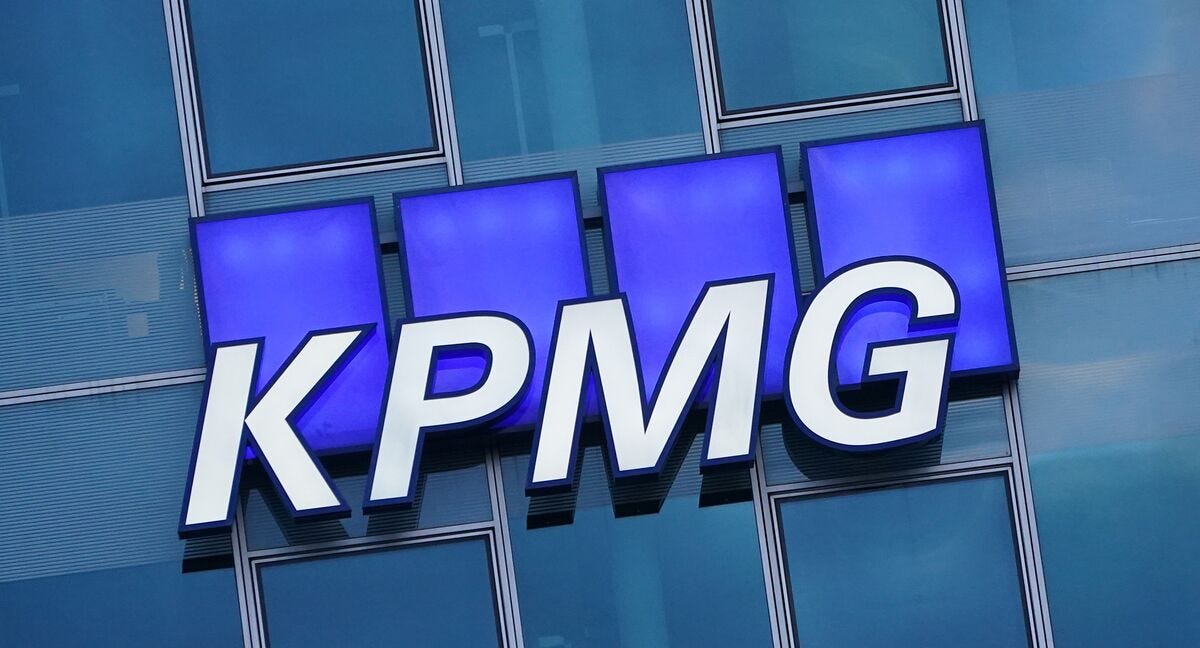Rising unemployment ???
In its recent global economic outlook report, KPMG estimated an increase in the unemployment rate to 40.6%. The report highlighted the fact that the Nigerian Bureau of Statistics has been unable to release any labour statistics since the fourth quarter of 2020, which the bureau attributed to the need to update its methodology and implementation of generating national labour force surveys. The report highlighted the possibility that the current unemployment rate may be beyond 33.3%. They stated that the proposed rate can be attributed to the lack of investments by the private sector, low levels of industrialisation, the “slower than required economic growth” and the inability of the economy to absorb large numbers of new entrants into the job market.
The report also projected that the country’s gross domestic product would continue to grow at a relatively slower pace this year. It is important to note that last year the relative increase in GDP was attributed to the non-oil sector. But this report stated that due to the negative impact of the naira redesign policy, and increased inflation rate on the major sectors that contributed to increased GDP, subsequent quarters of the year may record reduced GDP. It also put into consideration the spillover effect of the slowdown of the global economy on the Nigerian economy.
So what?
Although this may seem like bad news for the incoming administration, hidden solutions were given in the report. For the proposed increase in unemployment rates, it is obvious that there has been a lack of investments from the government as budgetary allocations to the education sector have dropped relatively over the past years and youth empowerment programs have not been standard levels or properly distributed across the nations. Also, curriculums used across various levels of education need to be updated to ensure that individuals “thrown” into the domestic labour market are not without the relevant skills to get jobs available now or start businesses that can thrive and grow. On the point of industrialisation, while it is key to note that the inclusion of private individuals into an industry leads to efficiency and competitiveness, the government still has a role to play in ensuring that the business environment and the macroeconomic policies they make, aid increase in private investments.


